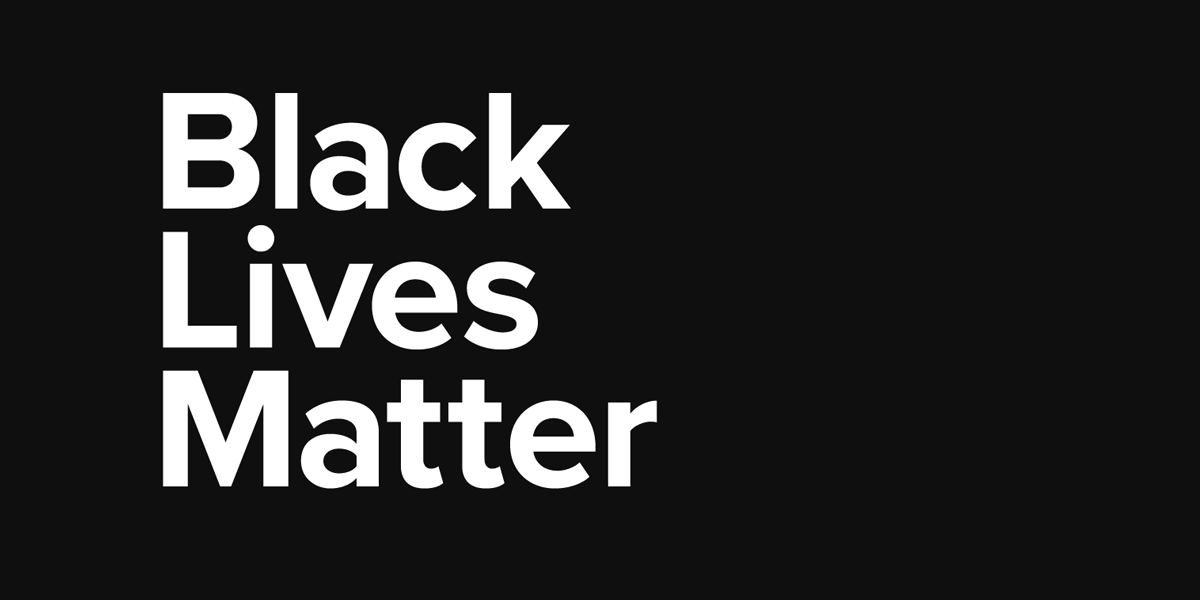Education Northwest’s Pledge of Anti-Racism

The killings of George Floyd, Ahmaud Arbery, and Breonna Taylor are a stark reminder of the racism and violence that Black Americans face every day in our society. Most recently, the horrific video footage of a Black man dying on the street under the knee of a white police officer has once again exposed a deep, persistent strain of racism and social injustice in our country.
Further, these deaths have again exposed the systemic nature of that racism—how it is woven into the fabric of our legal, political, economic, and education systems. As an organization that is committed to rooting out and addressing inequities in our education system, we are compelled to speak out.
Education Northwest has the privilege and responsibility of serving schools and youth-based organizations throughout the Northwest and across the country. We work with these stakeholders to help address many difficult issues, primarily academic, but also in the areas of equity, social and emotional learning, trauma-informed education, and culturally responsive education.
In the course of this work, we see firsthand the power that individuals and communities have when they come together to work for change and to address injustice and inequality. However, we also see the reality of that injustice and inequality. We see the scars and open wounds caused by centuries of systemic racism and violence against Black Americans and all people of color. We see the anger and the hurt, as well as the hope and the fierce commitment to change.
We see it. We hear it. And we are committed to changing the system.
As an organization and as individuals, we are engaged in the difficult but vital work of examining our beliefs, biases, attitudes, structures, and actions. We recognize we are coming from a place of power and privilege. In most cases, we are also coming into schools and communities as outsiders. This requires constant vigilance to ensure that we listen first and work as collaborative partners. In addition, we recognize our responsibility to speak up when education stakeholders make decisions that reproduce institutional racism.
Like all elements of our social system, education can be part of the problem or part of the solution. We acknowledge that the U.S. public education system remains cloaked in inequality—of funding, facilities, materials, and access to high-quality teachers and learning opportunities, among others. This inequality is directly tied to social, economic, and racial injustice.
Despite this, public education remains one of the primary means of creating a more just and equal society. We believe the racism and injustice that are so apparent in the killings of countless Black Americans in cities across our nation are largely driven by fear and ignorance, as well as systems and institutions based on white supremacy. It is the responsibility of white Americans to recognize that fear and ignorance and to address it with deeper knowledge and understanding.
Education is on the front lines of this effort. We can and we must do better.
